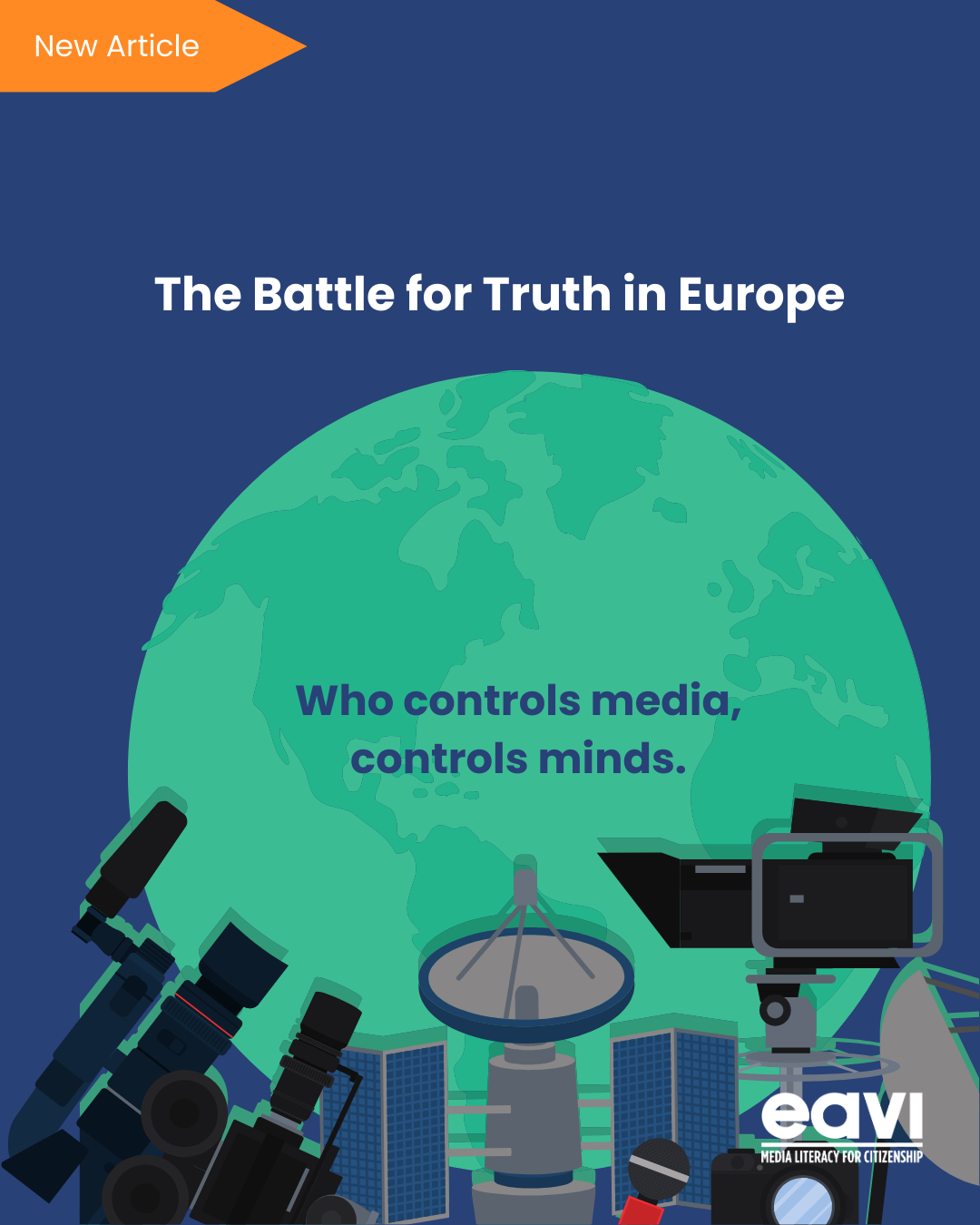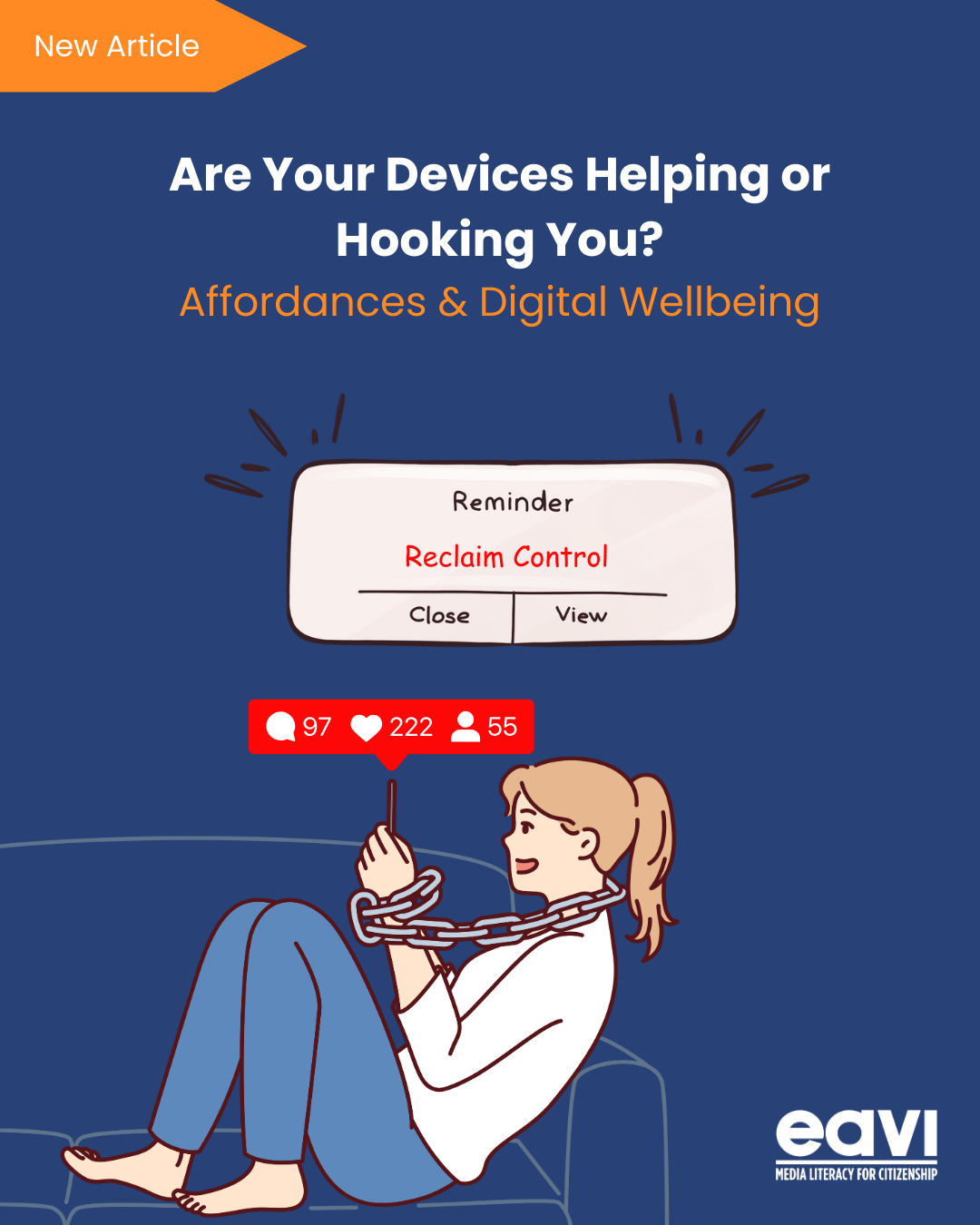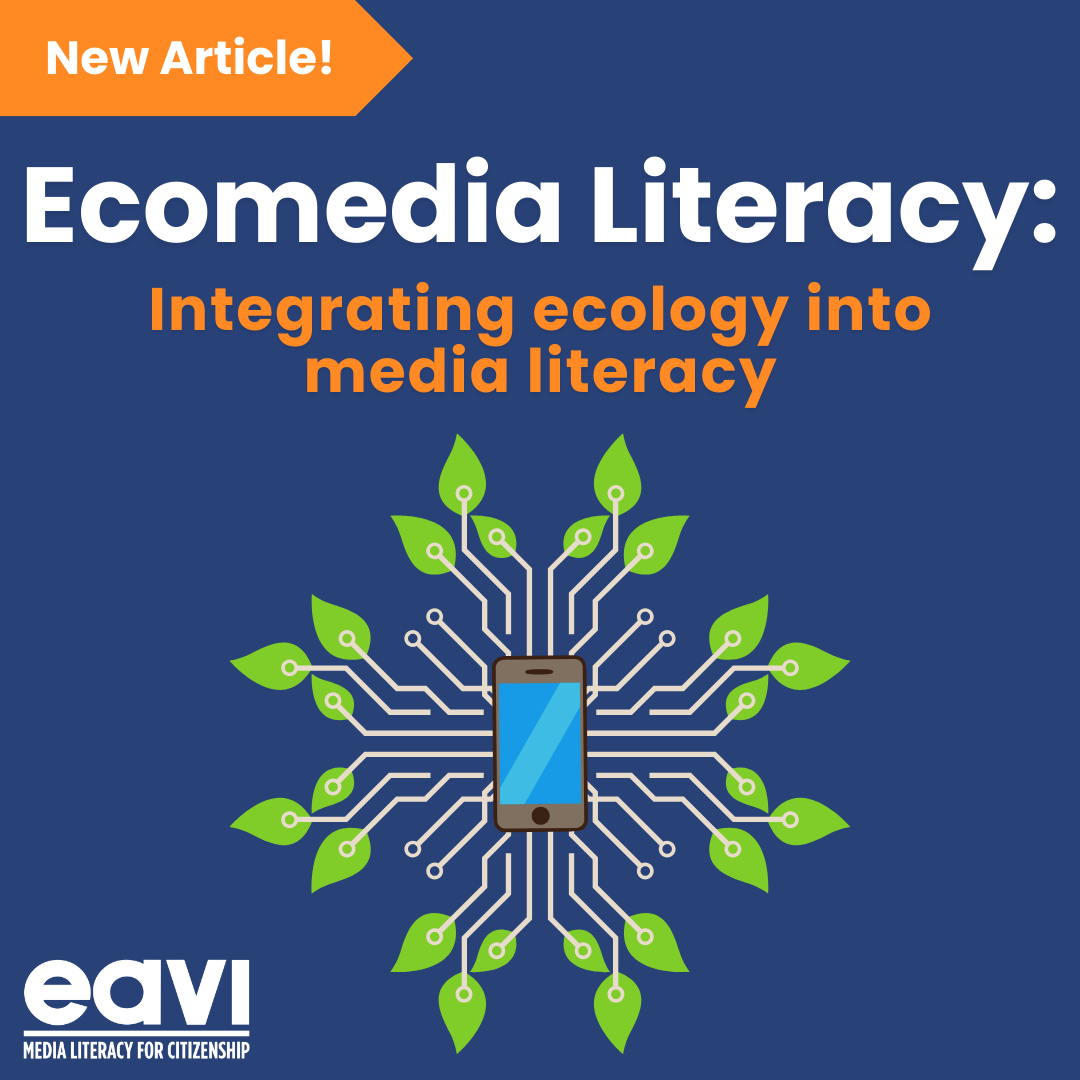Physically, economically, mentally, socially – the coronavirus has been a nightmare. For the approximately 250 million people living abroad, the question of repatriation based on the ever-fluctuating news coverage has made media literacy crucial.
Following the news that the coronavirus was rapidly spreading throughout the United States, I was not at all shocked that my parents called me in a state of panic. What did surprise me, however, was that they begged me to return home. At the time, Belgium was on lockdown, and President Trump was still downplaying the virus. Today, Belgium is still on lockdown, and Trump is already contemplating removing the quarantine measures that are not even in full swing yet. No matter how one observes the situation, I am much safer to stay put in Belgium than I would be to travel back to the United States right now. So, why did my parents and I have such different opinions?
The decision to return home is based on numerous factors, including finances, family obligations, job stability, lease and visa durations. Yet increasingly, and especially for Americans, the decision to return home is purely based on fear.
The American tendency to emphasize the ‘foreignness’ of something evil has left many Americans completely blind to the reality that the coronavirus is already in the United States. Trump’s insistence on calling it the ‘Chinese virus’ has only further cemented this notion.
Worse still, if Trump’s travel ban surprised even European leaders, you can only imagine how much it shocked Americans abroad. His lack of clarity in assuring citizens that they could return home left many fleeing Europe just hours later. Panic breeds panic, as the toilet paper shortages show.
Not only are Trump’s messages unclear, they are often contradictory or outright false. However, the president’s Twitter account makes it impossible for the media to ignore his claims. Objectivity in journalism is a controversial topic in America, and is only worsening with Trump. Yet, failure to clearly separate the president’s musings from scientific evidence leaves Americans misled on key issues.
Is the virus expected to end in April, or will it end in August? Is there a cure, or no? Is the Google website applauded by Trump useful, or not? Will the lockdown continue, as recommended by scientists, or end by Easter, as proposed by Trump? No one knows for sure, but constant coverage of these whimsical ideas creates assumptions where there are none, and has even left Trump’s ‘cure’ to cause death.
It is crucial for Americans to increase their media literacy and cross-check sources, – especially internationally – since it is increasingly dangerous for American media to denounce Trump’s opinions. When a reporter asked Trump what he had to say to Americans who were scared, Trump attacked the reporter. As the dispute between the Trump Administration and the free press accelerates, Americans are left panicking, hoarding, and impulsively returning home.
Written by: Stephanie Woronko
Physically, economically, mentally, socially – the coronavirus has been a nightmare. For the approximately 250 million people living abroad, the question of repatriation based on the ever-fluctuating news coverage has made media literacy crucial.
Following the news that the coronavirus was rapidly spreading throughout the United States, I was not at all shocked that my parents called me in a state of panic. What did surprise me, however, was that they begged me to return home. At the time, Belgium was on lockdown, and President Trump was still downplaying the virus. Today, Belgium is still on lockdown, and Trump is already contemplating removing the quarantine measures that are not even in full swing yet. No matter how one observes the situation, I am much safer to stay put in Belgium than I would be to travel back to the United States right now. So, why did my parents and I have such different opinions?
The decision to return home is based on numerous factors, including finances, family obligations, job stability, lease and visa durations. Yet increasingly, and especially for Americans, the decision to return home is purely based on fear.
The American tendency to emphasize the ‘foreignness’ of something evil has left many Americans completely blind to the reality that the coronavirus is already in the United States. Trump’s insistence on calling it the ‘Chinese virus’ has only further cemented this notion.
Worse still, if Trump’s travel ban surprised even European leaders, you can only imagine how much it shocked Americans abroad. His lack of clarity in assuring citizens that they could return home left many fleeing Europe just hours later. Panic breeds panic, as the toilet paper shortages show.
Not only are Trump’s messages unclear, they are often contradictory or outright false. However, the president’s Twitter account makes it impossible for the media to ignore his claims. Objectivity in journalism is a controversial topic in America, and is only worsening with Trump. Yet, failure to clearly separate the president’s musings from scientific evidence leaves Americans misled on key issues.
Is the virus expected to end in April, or will it end in August? Is there a cure, or no? Is the Google website applauded by Trump useful, or not? Will the lockdown continue, as recommended by scientists, or end by Easter, as proposed by Trump? No one knows for sure, but constant coverage of these whimsical ideas creates assumptions where there are none, and has even left Trump’s ‘cure’ to cause death.
It is crucial for Americans to increase their media literacy and cross-check sources, – especially internationally – since it is increasingly dangerous for American media to denounce Trump’s opinions. When a reporter asked Trump what he had to say to Americans who were scared, Trump attacked the reporter. As the dispute between the Trump Administration and the free press accelerates, Americans are left panicking, hoarding, and impulsively returning home.
Written by: Stephanie Woronko
Physically, economically, mentally, socially – the coronavirus has been a nightmare. For the approximately 250 million people living abroad, the question of repatriation based on the ever-fluctuating news coverage has made media literacy crucial.
Following the news that the coronavirus was rapidly spreading throughout the United States, I was not at all shocked that my parents called me in a state of panic. What did surprise me, however, was that they begged me to return home. At the time, Belgium was on lockdown, and President Trump was still downplaying the virus. Today, Belgium is still on lockdown, and Trump is already contemplating removing the quarantine measures that are not even in full swing yet. No matter how one observes the situation, I am much safer to stay put in Belgium than I would be to travel back to the United States right now. So, why did my parents and I have such different opinions?
The decision to return home is based on numerous factors, including finances, family obligations, job stability, lease and visa durations. Yet increasingly, and especially for Americans, the decision to return home is purely based on fear.
The American tendency to emphasize the ‘foreignness’ of something evil has left many Americans completely blind to the reality that the coronavirus is already in the United States. Trump’s insistence on calling it the ‘Chinese virus’ has only further cemented this notion.
Worse still, if Trump’s travel ban surprised even European leaders, you can only imagine how much it shocked Americans abroad. His lack of clarity in assuring citizens that they could return home left many fleeing Europe just hours later. Panic breeds panic, as the toilet paper shortages show.
Not only are Trump’s messages unclear, they are often contradictory or outright false. However, the president’s Twitter account makes it impossible for the media to ignore his claims. Objectivity in journalism is a controversial topic in America, and is only worsening with Trump. Yet, failure to clearly separate the president’s musings from scientific evidence leaves Americans misled on key issues.
Is the virus expected to end in April, or will it end in August? Is there a cure, or no? Is the Google website applauded by Trump useful, or not? Will the lockdown continue, as recommended by scientists, or end by Easter, as proposed by Trump? No one knows for sure, but constant coverage of these whimsical ideas creates assumptions where there are none, and has even left Trump’s ‘cure’ to cause death.
It is crucial for Americans to increase their media literacy and cross-check sources, – especially internationally – since it is increasingly dangerous for American media to denounce Trump’s opinions. When a reporter asked Trump what he had to say to Americans who were scared, Trump attacked the reporter. As the dispute between the Trump Administration and the free press accelerates, Americans are left panicking, hoarding, and impulsively returning home.
Written by: Stephanie Woronko








































































































































































